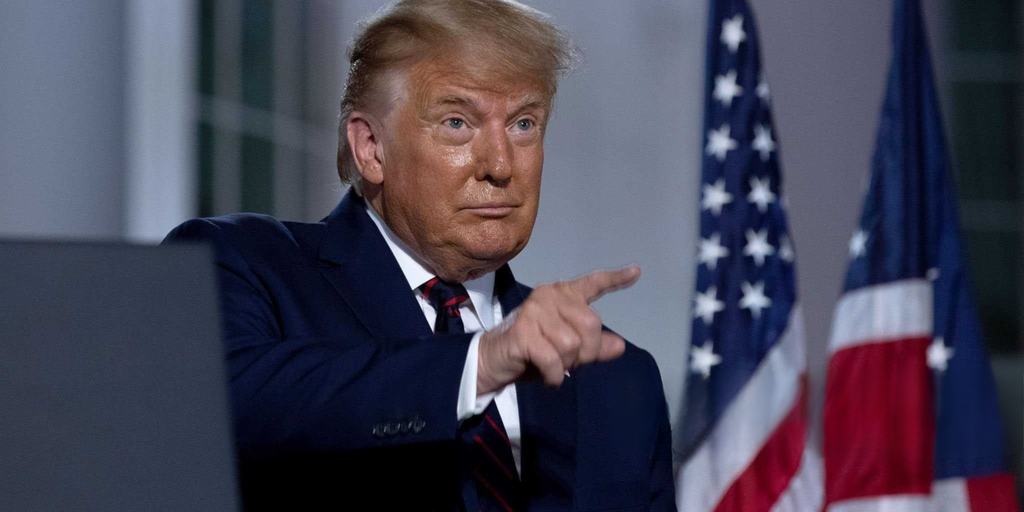Trump Executive Order Paves Way for Federal Crypto Reserve—But Doesn’t Mention Bitcoin

President Donald Trump signed his first crypto-related executive order on Thursday, formally establishing a Presidential Working Group on Digital Asset Markets and laying the groundwork for exploring some of his campaign promises—including potentially establishing a national reserve for Bitcoin and other assets.
The Presidential Working Group will advise Trump on matters related to crypto policy and inform his decision-making with regards to the industry. Trump previously announced that the group will be led by Silicon Valley venture capitalist David Sacks, the White House’s first-ever “AI and crypto czar.”
Its day-to-day operations will be managed by Bo Hines, a one-time Republican congressional nominee and former college football player. The group will also include the Secretary of the Treasury, the SEC and CFTC heads, and other department and agency leaders.
Decrypt previously reported that the council is expected to consist of 20 crypto founders and CEOs. Industry donors to Trump’s presidential campaign—and perhaps his inaugural fund as well—are likely to be prioritized. The group doesn’t have any real authority besides the opportunity to advise Trump and Congress, who will make their own decisions.
The executive order, titled “Strengthening American Leadership in Digital Financial Technology,” further tasks the group with exploring the premise of a “strategic national digital assets stockpile,” following Trump’s campaign trail promise to establish a Bitcoin national reserve.
Such an idea has been furthered in the Senate via Senator Cynthia Lummis’ Bitcoin Act, plus several states are now considering their own Bitcoin reserve legislation. However, the executive order does not mention Bitcoin by name, nor does it mention any other specific crypto assets.
Furthermore, the order notes that agencies are blocked from launching central bank digital currencies, or CBDCs, which are often referred to as “digital dollars.” These centralized cryptocurrencies have been widely derided by Republicans due to privacy concerns.
It also aims to “protect and promote” the rights for American companies and citizens to transact and self-custody cryptocurrency, mine crypto and validate blockchain transactions, and launch blockchain software.
It is also expected that Trump will follow up this first crypto-related executive order with several more. A top priority for the industry has been repealing the SEC’s SAB 121 rule, which discourages American banks from holding crypto. Congress repealed SAB 121 last spring, but former president Joe Biden then vetoed the legislation, leaving the rule in place.
Trump is able to rescind SAB 121 with an executive order, and is widely expected to do so.
Other crypto policies that Trump may address in future executive orders include eliminating the SEC’s controversial exchange rule, which targets decentralized finance projects, and directing federal agencies including the State Department to make fostering crypto innovation a national priority.
With or without executive orders, though, The Trump Administration is already off to a running start when it comes to crypto. On Tuesday, the SEC established a new crypto task force led by Hester Peirce, the emphatically pro-industry commissioner.
The task force will aim to “craft sensible disclosure frameworks” that will allow crypto projects and companies to register legally if needed. Doing so will end the SEC’s longstanding, effective policy of regulating the industry by enforcement, an approach that brought much uncertainty to the sector and pushed many firms out of the country.
Editor’s note: This story was expanded with further detail after publication.
Daily Debrief Newsletter
Start every day with the top news stories right now, plus original features, a podcast, videos and more.



